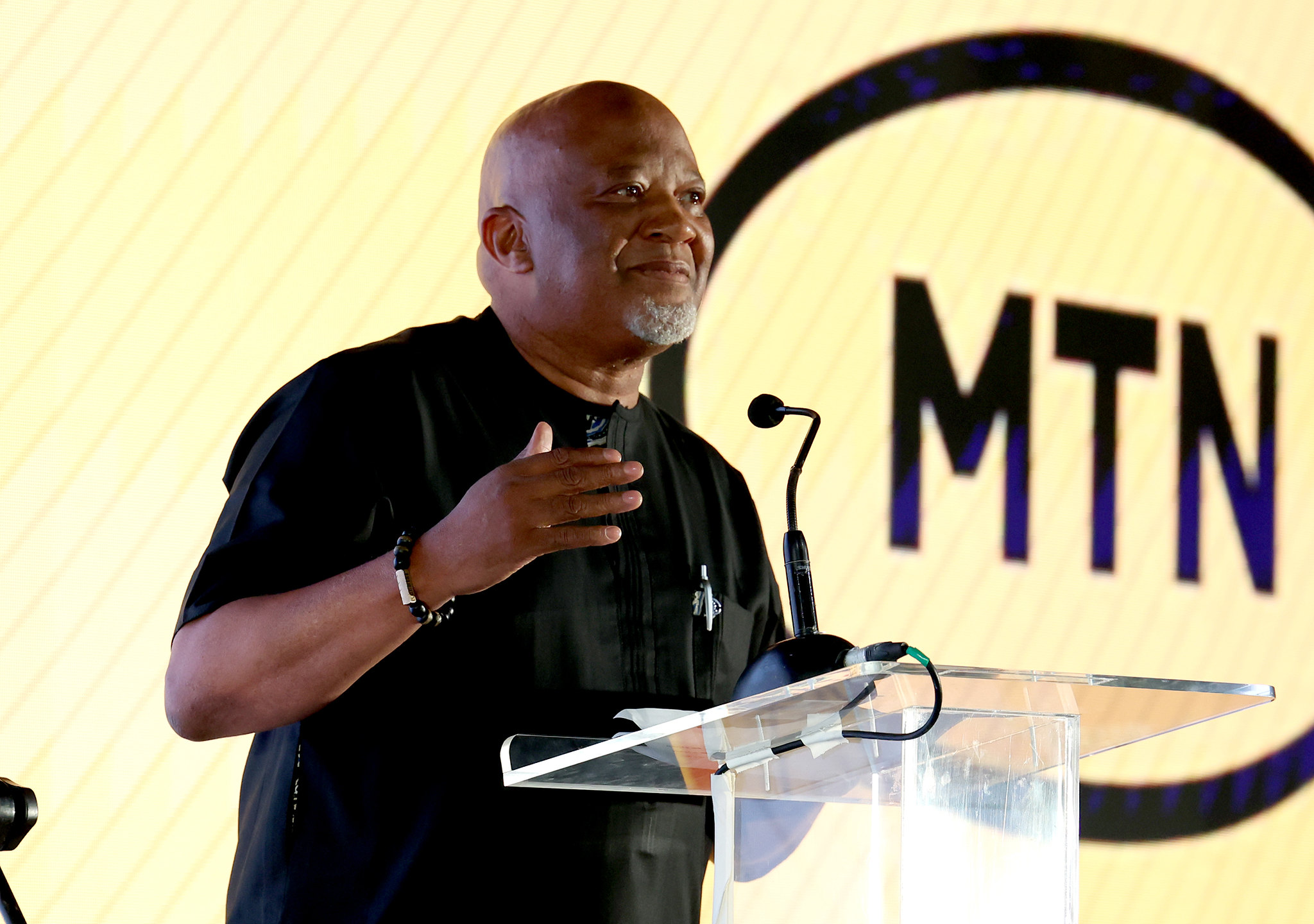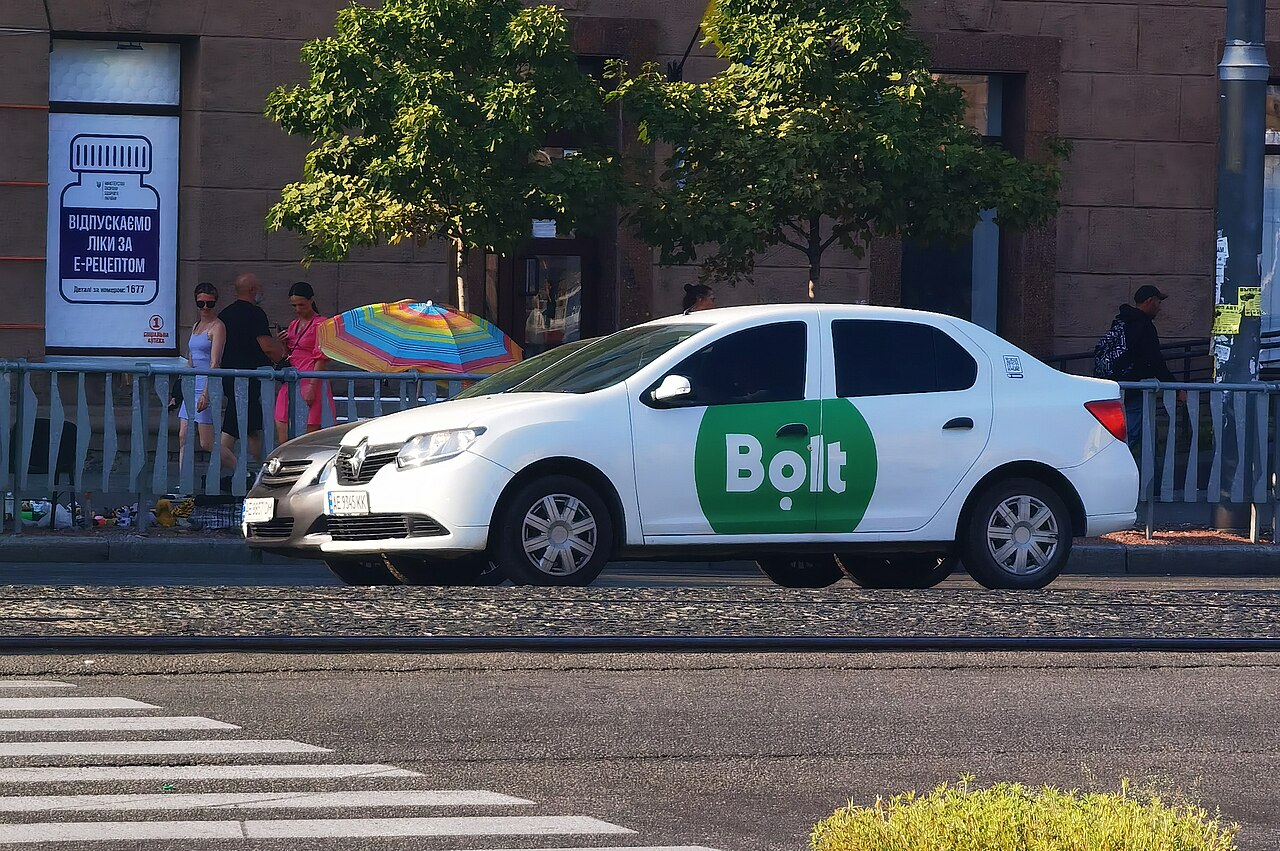South Africa’s new man in Washington faces a rocky start, and it hasn’t even begun yet.
In what was supposed to be an attempt at a diplomatic reset, President Cyril Ramaphosa’s appointment of Mcebisi Jonas as South Africa’s special envoy to the United States is already under fire. While Jonas’s credentials are hardly in question — former deputy finance minister, state capture whistleblower, seasoned businessman — a resurfaced video from 2020 is stirring controversy just days into his new role.
In that clip, Jonas referred to President Donald Trump as a “racist, homophobe” and “narcissistic right-winger” during a lecture hosted by the Ahmed Kathrada Foundation. The comments, made during Trump’s first term and before Jonas returned to a formal government role, have now been seized on by right-wing US media and local critics.
South Africa’s own right-leaning figures, including AfriForum CEO Kallie Kriel, were quick to weigh in on X:
“Here Mr Mcebisi Jonas, South Africa’s new Special Envoy to the United States of America, insults President @realDonaldTrump. Given these remarks, do you think Jonas will be able to mend the shaky relationship between South Africa and the Trump administration?”
Here Mr. Mcebisi Jonas, South Africa’s new Special Envoy to the United States of America, insults President @realDonaldTrump. Given these remarks, do you think Jonas will be able to mend the shaky relationship between South Africa and the Trump administration? pic.twitter.com/3b1anLbCpy
— Kallie Kriel (@kalliekriel) April 14, 2025
Solidarity’s Jaco Kleynhans took it further, suggesting the appointment was either the result of a failed vetting process or a deliberate provocation:
“There can only be one of two reasons why Ramaphosa decided to appoint Mcebisi Jonas as envoy to the US despite these totally disqualifying statements: either their vetting process is so weak that they missed the video (pathetic), or they want to show Trump the middle finger.”
There can only be one of two reasons why Ramaphosa decided to appoint Mcebisi Jonas as envoy to the US despite these totally disqualifying statements: Either their vetting process is so weak that they missed the video (pathetic) or they (ANC led government) want to show Trump the… pic.twitter.com/qV2dtXyvT9
— Jaco Kleynhans (@JacoKleynhans) April 15, 2025
Former EFF MP Mbuyiseni Ndlozi echoed the concern, calling Jonas’s appointment “potentially worse than what Rasool said about Trump”, referencing the expulsion of former ambassador Ebrahim Rasool in March. Rasool had labelled the MAGA movement a “supremacist instinct”, a remark that saw him declared persona non grata by US Secretary of State Marco Rubio, who described him as a “race-baiting politician who hates Trump and hates America.”
“Jonas is not a diplomat. The US is going to embarrass this country again by rejecting him,” added Ndlozi.
So why did Jonas get appointed then? Well, because he isn’t stepping into a typical ambassadorial post, and that’s partly the point. He’s been appointed as a special envoy, a role that doesn’t require presenting diplomatic credentials or formal acceptance by the US government. Could this be Ramaphosa’s way of navigating the tense terrain between Pretoria and Washington, at least for now?
Ramaphosa’s diplomatic strategy
The presidency insists that Jonas’s appointment is a strategic move aimed at restoring ties with the Trump administration, without the bureaucratic delays of formal ambassadorial accreditation. As a special envoy, Jonas will not need to present credentials to Trump, allowing for more agile engagement during what Jonas himself described as “a complex situation” in global diplomacy.
The decision also reflects growing tension between Pretoria and Washington. Since Trump’s return to the White House in January, he has expelled South Africa’s ambassador, slashed aid, and imposed new tariffs (though these were later partially suspended). He has also threatened to snub the upcoming G20 summit in Johannesburg, citing “land confiscation and genocide” — discredited claims that have circulated among far-right circles.
In his statement, Ramaphosa said the appointment of Jonas underscores his commitment to rebuilding a “historical and strategic relationship” with the US on the basis of “mutual respect, recognition of each other’s sovereignty, and benefit for our respective peoples.”
Jonas responds: ‘There are no quick fixes’
Jonas has acknowledged the sensitivity of his new role. In response to the backlash, he appealed for patience, noting: “There are no quick fixes in such a complex situation. I appeal that, in the national interest, South Africans exercise patience and allow us time and space to engage fully with different stakeholders in the United States and South Africa.”
Speaking to 702 on Tuesday, Jonas downplayed his previous comments, pointing out that he was a private citizen at the time. “I’m sure if you google any politician, they’ll have said something nasty about one politician or another,” he said, adding that “the US relationship with South Africa is fundamentally important for the national agenda.”
The irony wasn’t lost on many, including journalist Redi Tlhabi, who pointed out that Trump himself has been on the receiving end of far worse, even from his own side.
“Jonas said what?” she wrote on X. “In 2016, the US’s nominated Ambassador to RSA, Brent Bozell, called Trump ‘the greatest charlatan of them all, a huckster, and a shameless self-promoter.’ He said, ‘God help this country if this man were president.’”
Question: Mcebisi Jonas said what? In 2016, the US's nominated Ambassador to RSA, Brent Bozell called Trump the "greatest charlatan of them all, a huckster, and a shameless self-promoter." He said “God help this country if this man were president.” In 1987, he also did this: pic.twitter.com/nDFH8jbCJI
— Redi Tlhabi (@RediTlhabi) April 15, 2025
Tlhabi’s post highlighted the double standards in the current outrage, noting that harsh political commentary is hardly unique to Jonas, and that, historically, it hasn’t disqualified others from taking up diplomatic roles.
Despite the political furore, Jonas’s credentials remain strong. He is a former deputy finance minister, a key whistleblower in the state capture saga, and current chairperson of MTN Group, a role he will retain alongside his envoy duties.
According to political analyst Ntsikelelo Breakfast, Jonas brings a rare combination of political clout and business acumen. “He has political credibility within political and business circles and he knows how to sell SA to the markets,” said Breakfast.
Still, critics argue that Jonas’s past statements could make his diplomatic mission more difficult.
Diplomacy in the line of fire
Even as critics pile on, the reality is this: the South African government is walking a tightrope. With the US being South Africa’s second-largest trading partner and more than 600 American companies operating locally, relations matter. A lot.
As South Africa prepares to host the G20 summit later this year and remains under scrutiny for its foreign policy stance, Ramaphosa is under pressure to repair ties without compromising on sovereignty or principle.
Whether Jonas can thread that diplomatic needle remains to be seen. But in a climate as charged as this one, he’ll need more than pragmatism; he’ll need the political equivalent of a bulletproof jacket.
Emma is a freshly graduated Journalist from Stellenbosch University, who also holds an Honours in history. She joined the explain team, eager to provide thorough and truthful information and connect with her generation.




